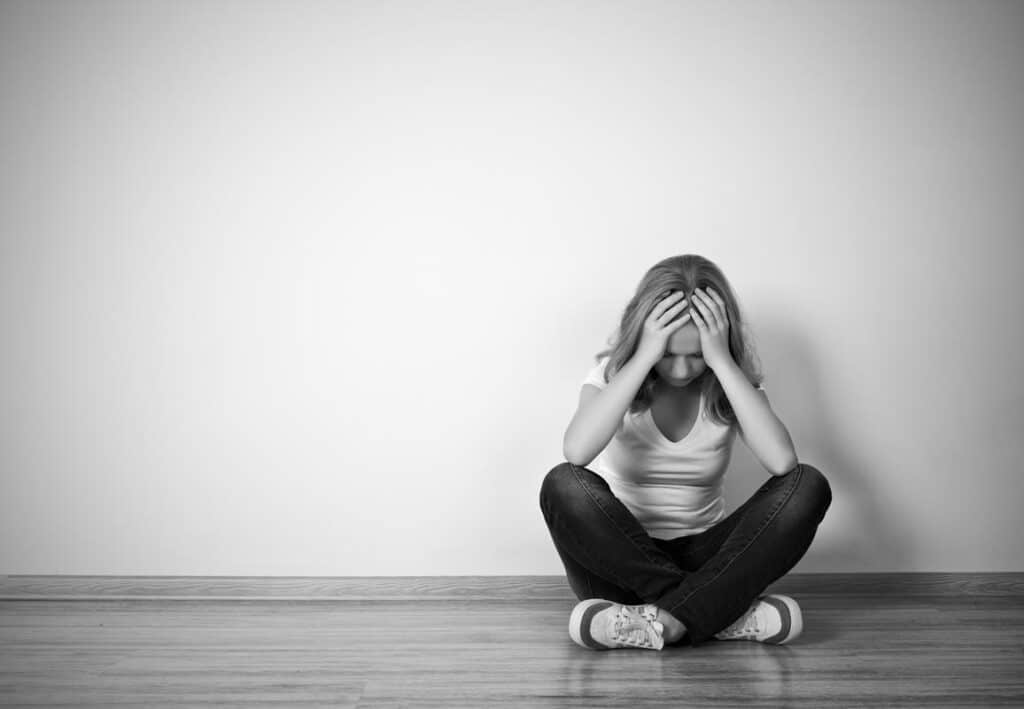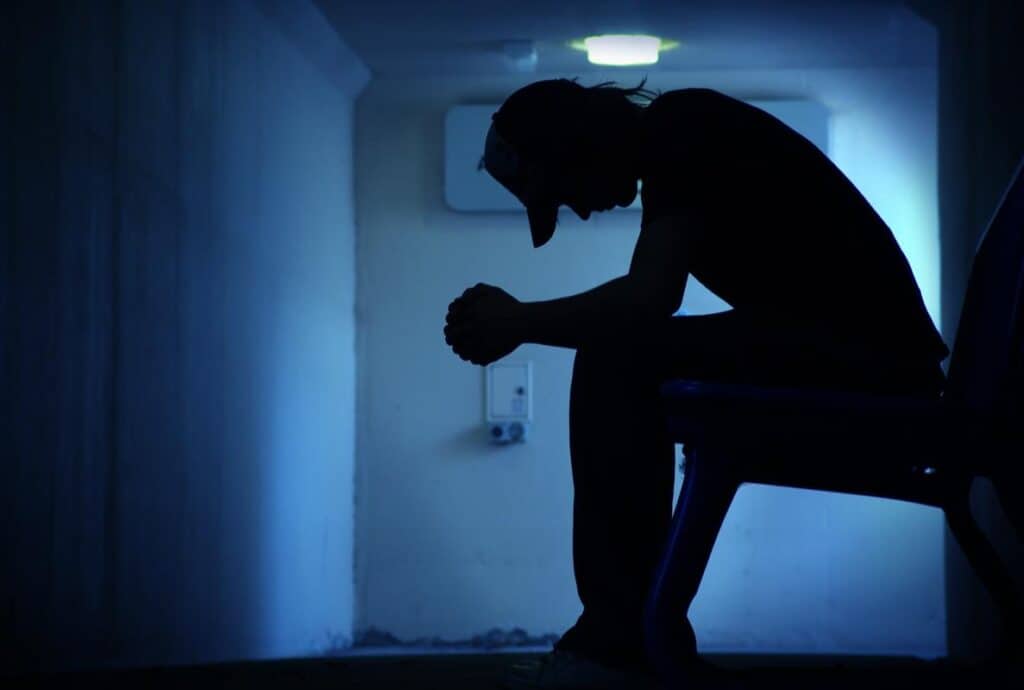Are you struggling with a persisting low mood? Are you finding that your energy and motivation are low lately?
Remember, it can get better, and the first step is talking about it with someone. You’re not alone.

Depression is a persistent low mood that affects your day-to-day life and functioning. Depression affects your thinking, energy, feelings, and behaviour, and it may range from mild to severe. Clinical depression is characterised by its duration, where someone feels this way for weeks or months, as opposed to a few days.
Causes
Depression can be caused by several factors, and it has several triggers. Stressful life events, such as bereavement, divorce, illness, losing a job, or financial issues, may trigger depression. Additionally, your temperament or family history may cause you to be more susceptible to depression. Depression may also be triggered by pregnancy (postnatal depression), social isolation, alcohol, and drugs.

Symptoms
Generally, depression is characterised by feeling sad and hopeless, and losing an interest in things that you used to enjoy. There are several other symptoms of depression which won’t be experienced in every case. However, clinical depression is diagnosed if the symptoms persist for at least two weeks and are so severe that they interfere with work, social life, and everyday functioning. Other symptoms include low mood, hopelessness, feeling worthless, feeling irritable and intolerant of others, lack of motivation, lack of enjoyment, difficulty in making decisions, and having suicidal thoughts or thoughts of self-harm. As well as this, physical symptoms may also be experienced, such as speaking slower than usual, changes in appetite or weight, unexplained aches and pains, lack of energy, low sex drive, and disturbed sleep.
Treatment
Depression can be treated through several options which you can discuss with your GP, such as lifestyle changes, talk therapies, or medication. Taking care of your physical health is essential in protecting against depression, so it’s important to exercise regularly, eat a balanced diet, spend time outdoors, and develop a good sleep routine. It is also important to monitor alcohol consumption, which is a depressant and may trigger low mood. Mindfulness practices and practicing gratitude (e.g., keeping a gratitude journal) have also been found to help protect against depression. Working with your therapist, you may explore, examine, and challenge any unhelpful thoughts, beliefs, and behaviours that may contribute towards depression.
For more information about depression, please see the resources below.

References & Resources
Aware. (2024). Understanding and Managing Depression.
Retrieved from: https://www.aware.ie/information/depression/
HSE. (2022). Clinical Depression.
Retrieved from: https://www2.hse.ie/conditions/clinical-depression
Psychology Today. (2024). What is Depression?
Retrieved from: https://www.psychologytoday.com/ie/basics/depression
Helplines
Aware – 1800 80 48 48
Childline Ireland – 1800 66 66 66
Grow – 0818 474 474
Pieta House – 1800 247 247
Samaritans Ireland – 116 123
For more, see Mental Health Ireland helpline resources: https://www.mentalhealthireland.ie/get-support/